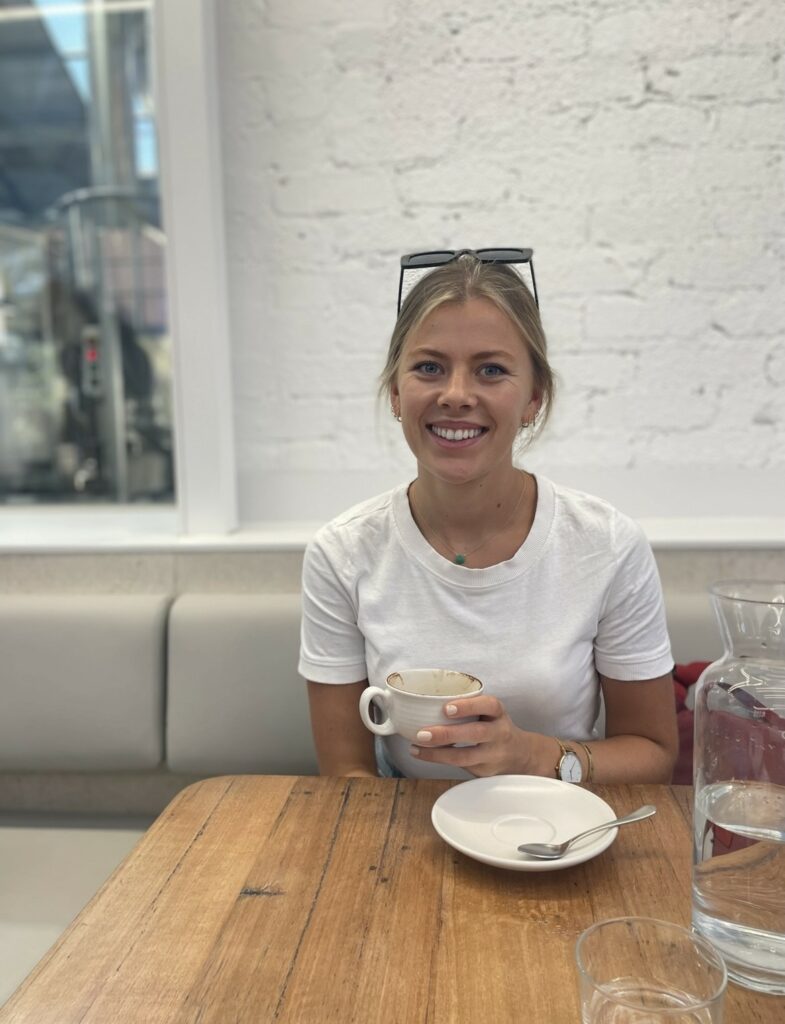Gut Health – Simplified
14 Sep 2024We have all heard that looking after our gut health is important, but do we truly understand what this means? This blog is going to take us through the trending term ‘Gut Health’ and why it is so crucial. When we understand the ‘why’ or the impact behind our food choices, it makes it easier to make small dietary or lifestyle changes and maintain these. Today’s read will actually not mention particular foods but more-so focus on the theory behind this topic, so that when we move forward to practical tips, you will feel super knowledgeable. This will allow us to walk before we can run!

This blog will take us through the following:
What is your gut, the functions of our gut, why it’s important to keep it healthy, and why it is so important to feed our gut.
Your gut is another term for your digestive system, which is the tube that guides food through the body from entry point to exit point. Our digestive system is up to 9 metres in length, so quite a big size to look after!
From this entry point to exit point lots of bodily functions occur, many of them without us even realising it. The lower end of our gut is home to our large and small intestine. Over the last few decades, we have learned that within these sections of our gut, particularly the large intestine (or colon) there are trillions of bacteria present (fun fact – there are at least 3 times more bacteria in the gut than there are cells in the human body). These bacteria collectively are what we call our ‘gut microbiota’. All of these trillions of bacteria are very busy, and can influence many aspects of our health.
You may have seen on adverts for probiotic supplements or live yoghurts the term ‘friendly gut bacteria’ used. Of all these trillions of gut bacteria, there are good guys (friendly gut bacteria) and not so good guys. Naturally we want there to be more of the good-fellas than the others. But why?
Aforementioned, we want to have a strong gut microbiota. To have this, there has to be lots of different types (or strains) of friendly/good gut bacteria working together as they have lots of jobs to do, and there is power in numbers. Some of these ‘jobs’ are listed below:
- The gut microbiota supports and helps to build a strong immune system. When your gut is healthy, your immune system functions optimally.
- Most of the serotonin in the body is produced in the gut. Serotonin is our ‘happy hormone’ and there is a strong link between our mental health and our gut. We have all heard of your ‘gut feeling’ – so yes, there is some science to back that up! We call that our gut-brain-axis
- Gut friendly bacteria help with digesting your food and ensure normal bowel habits
- Essential vitamins like vitamin K, and B12 are manufactured in the gut, and the gut microbiota play a role in this.
Studies have shown that lower bacterial diversity in your gut (or put simply a gut with less of the ‘good guys’) is more frequent in people with inflammatory bowel disease, irritable bowel disease, psoriatic arthritis, diabetes, atopic eczema, coeliac disease, and mental health concerns amongst other health issues.
When we promote gut health, really what we are striving to do is to make the perfect home for all these bacteria to do their job correctly and to make sure that they are being fed well, and that there are enough of them to work together to make an impactful change. When we do this, we will reap the rewards in our health.
In our next blog we will talk about what we can actually do to support our gut and ensure we have a healthy gut. If you simply cannot wait until then, feel free to start with one simple step.

By: Lorna Ryan, CORU Registered Dietitian DI046177
Lorna is a CORU registered, FODMAP trained dietitian with a love for all areas of nutrition. With additional training in IBS, Lorna has strong interests in gut health and fostering a positive relationship with food. Lorna has worked in hospital settings in the early stages of her career, before gradually transitioning into management to blend her passions and is now managing a paediatric allied health professional clinic, Spot Therapy Hub in Sydney, Australia.


